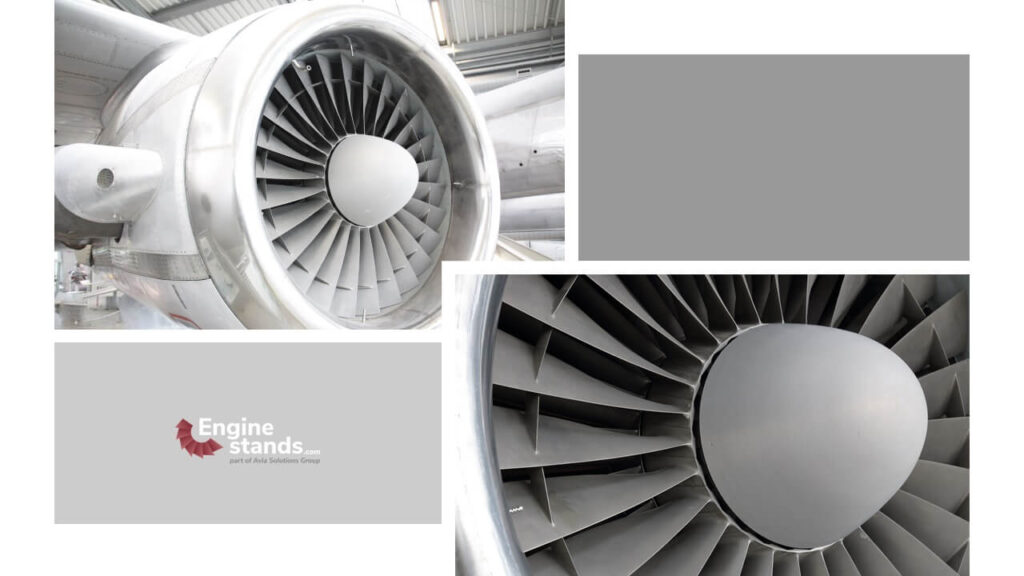A profitable airline or aircraft operator pays particular attention to the ongoing costs associated with engine MRO processes. The biggest aspect for operators to consider and evaluate is how to avoid large MRO engine material costs. Depending on the customer’s expectations during a shop visit, there are valuable options that can be considered.
Unavoidably, if the shop visit requires the replacement of all LLPs (Life-Limited Parts) and HPT blades (High-Pressure Turbine) the engine’s owner can expect to incur a high material value cost. As an alternative, engine owners can opt for using PMA (Parts Manufacturer Approval) – used serviceable parts – however, many airlines and lessors are reluctant and prefer to avoid the use of such parts.
The future of the engine MRO industry now dictates that digital transformation, using big data and AI technologies for data tracking and parts procurement, will greatly increase the efficiency of maintenance procedures right across the industry.
Leading MRO providers advocate the building of strong relationships with aftermarket distributors. These relationships can include personalised partnership agreements for the sharing of data, creating a commitment to the procurement of materials using an agreed pricing strategy, agreement on the range of specific repairs to be carried out, the locations of approved repair stations, and the types of certificates required, and parameters for optimum material delivery schedules.
Good relationship management with aftermarket distributors can offer greater cost savings, stricter quality control, optimised delivery times, and greatly reduced inventory-carrying costs. The benefits of an enhanced and close-knit relationship offer maximum benefits to the MRO provider, the MRO customer, and the aftermarket distributor.
Anything that helps to minimise labour costs is also a win-win situation for all parties. Newly advanced automation technologies analyse aircraft data to generate diagnostic, predictive, and prescriptive alerts in other to streamline MRO processes and reduce labour costs.
Having the right materials available at just the right time – good vendor management – either from OEMs or key suppliers, is essential for meeting customers’ turnaround deadlines while playing a significant role in growing the MRO operator’s reputation.
For MRO providers, offering value for the customer’s money is one of their highest priorities. As every engine type needs a particular type of engine stand it would be highly impractical, and highly expensive, to have multiple stands, weighing several tons, filling an organisation’s inventory space.
According to Toma Matutyte, CEO of EngineStands, a family member of Avia Solutions Group, “MROs, leasing companies, and airlines have two choices for their consideration when it comes to engine stands. 1) To overcrowd their inventory with seldom-used but important stands or 2) to lease the necessary stands only for the required period of engine maintenance. As time and cost concerns are paramount for our clients, we offer high-quality stands built according to OEM specifications and approved engine OEMs, while also providing quickly expedited worldwide shipping services for all lease orders, reducing downtime and growing profit capabilities.”
